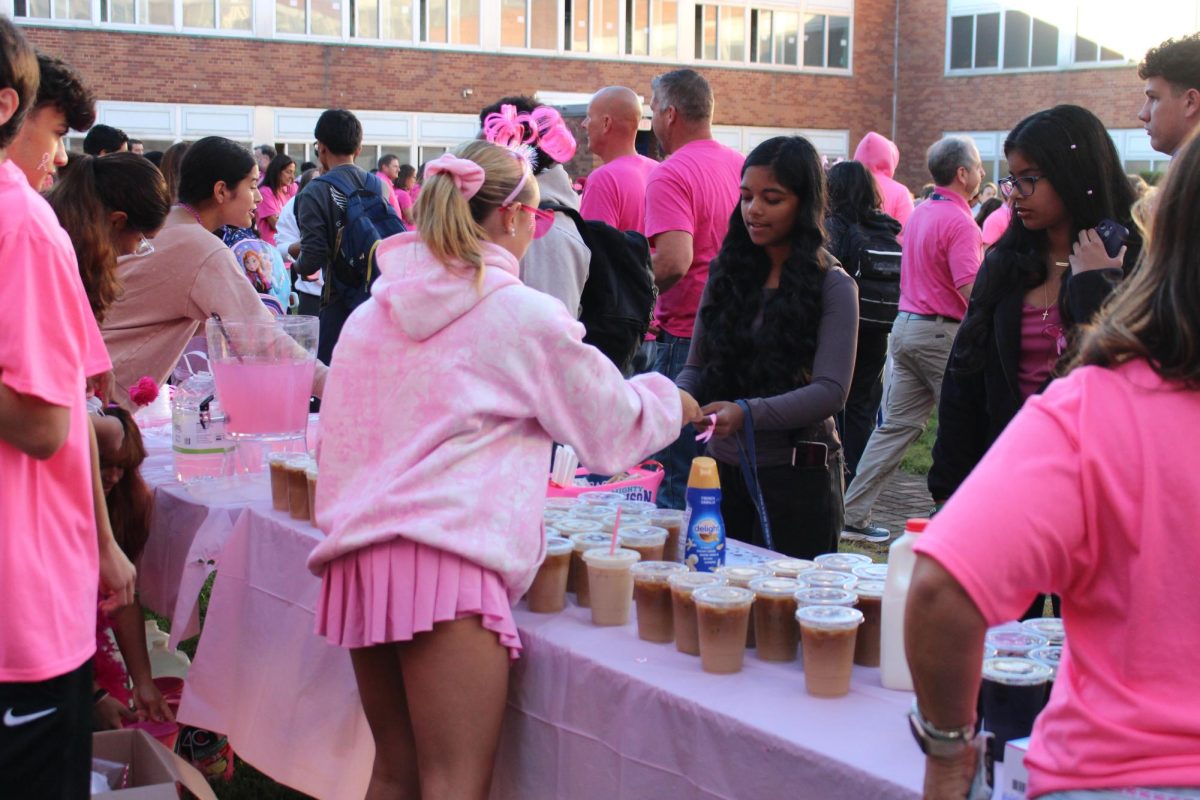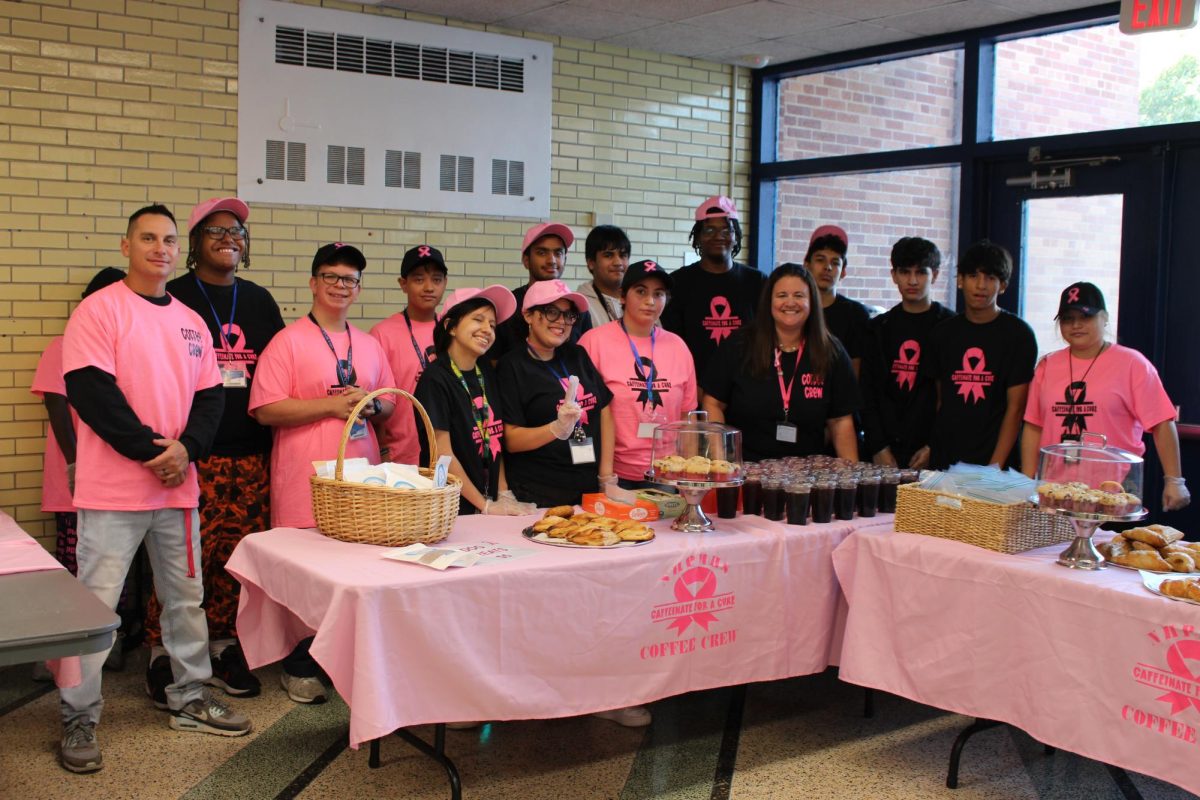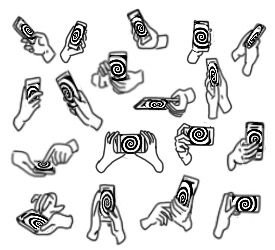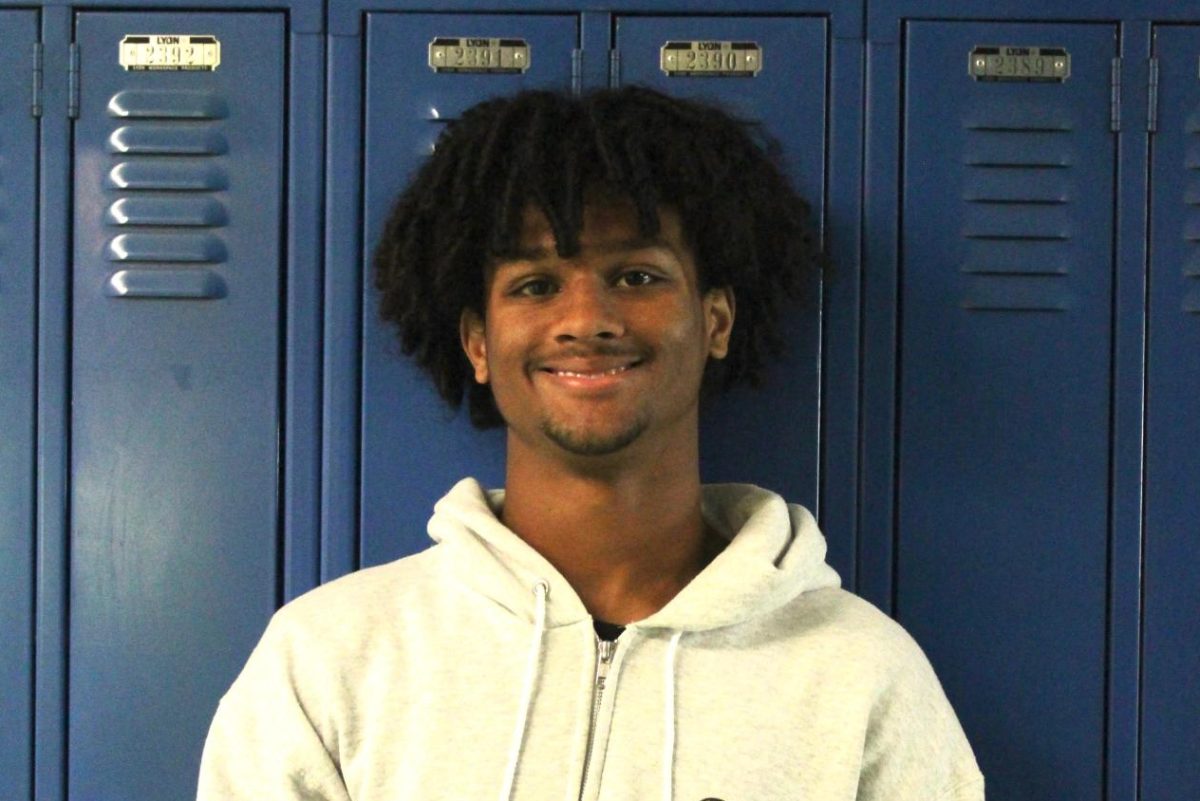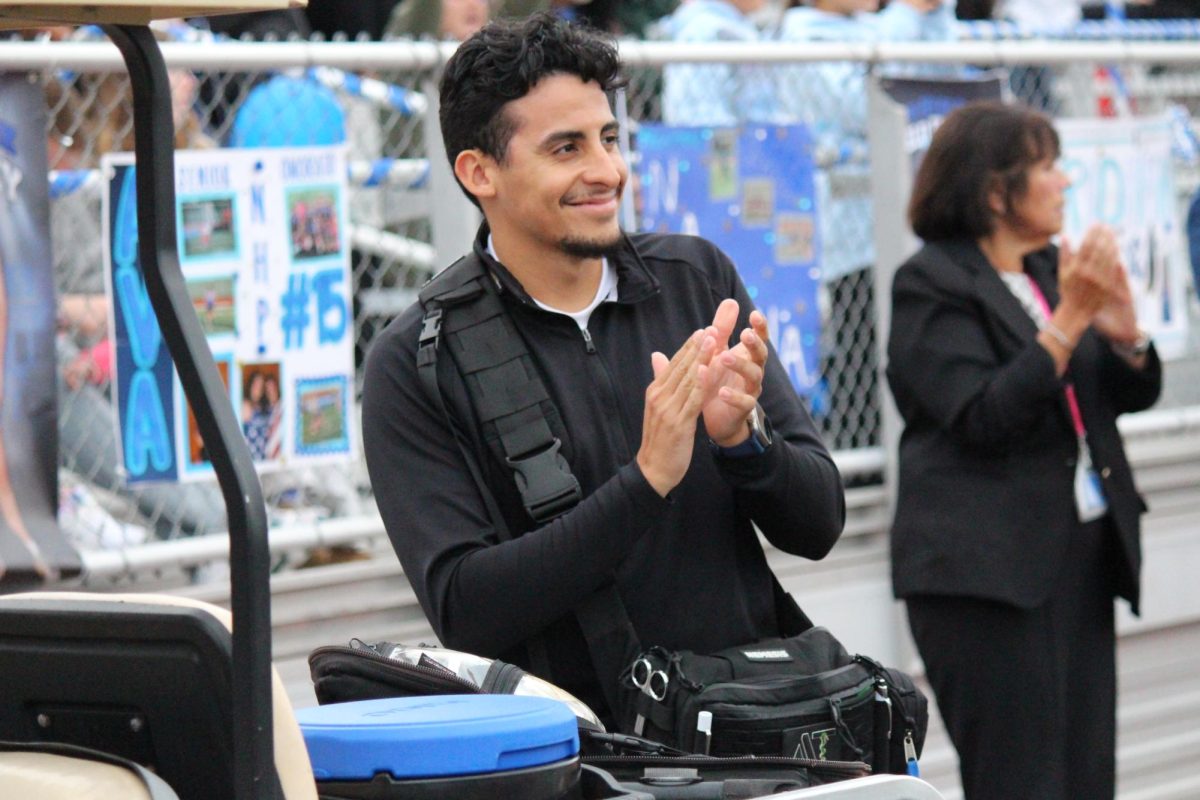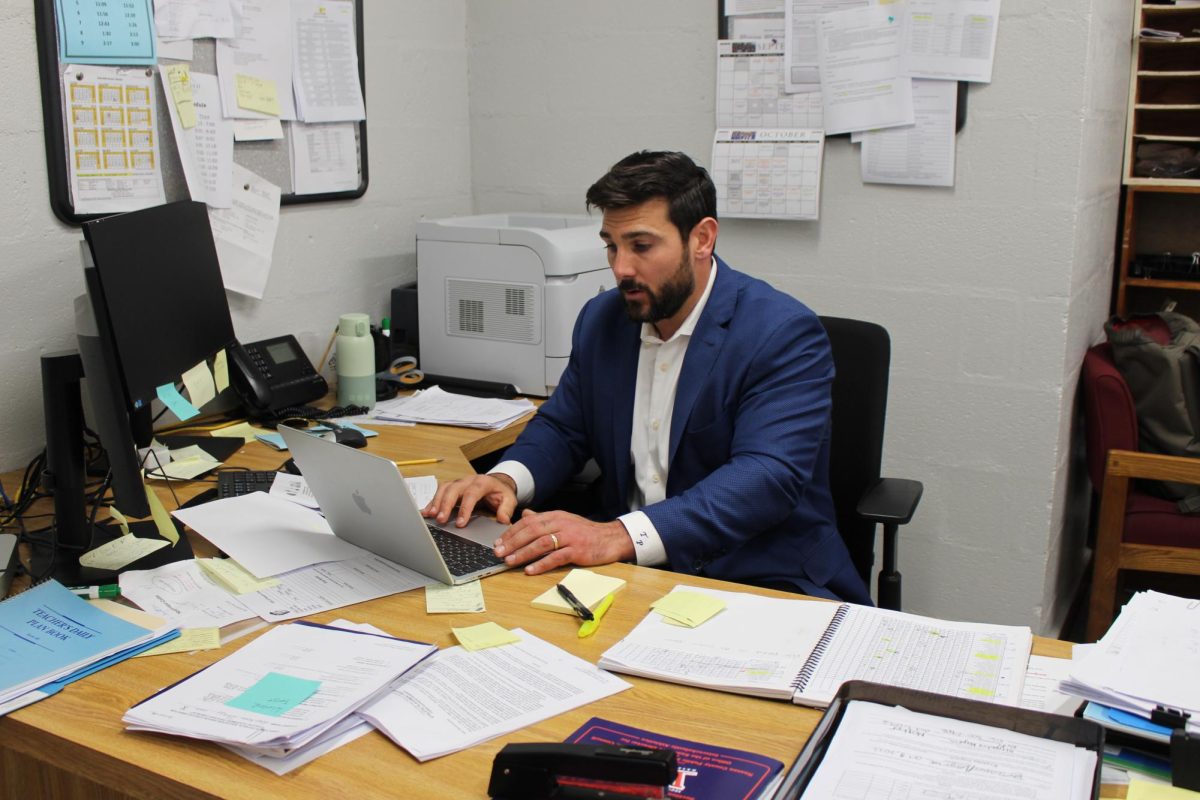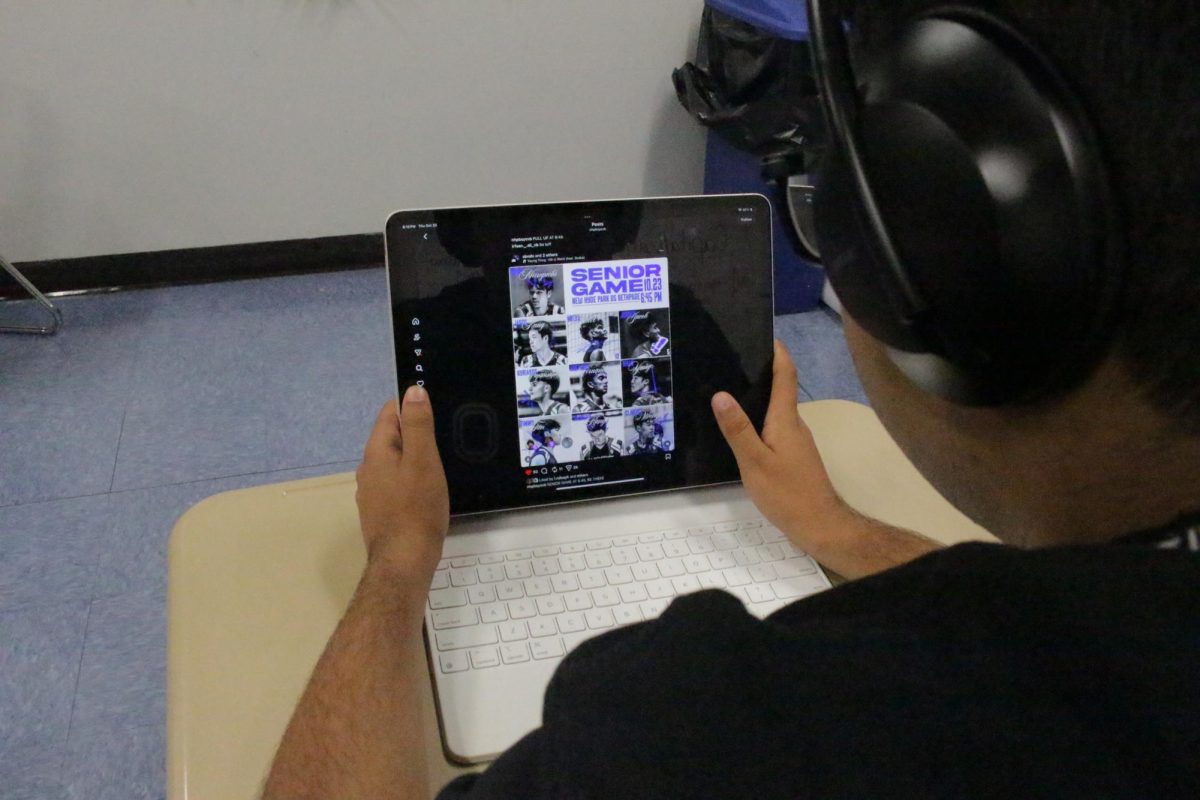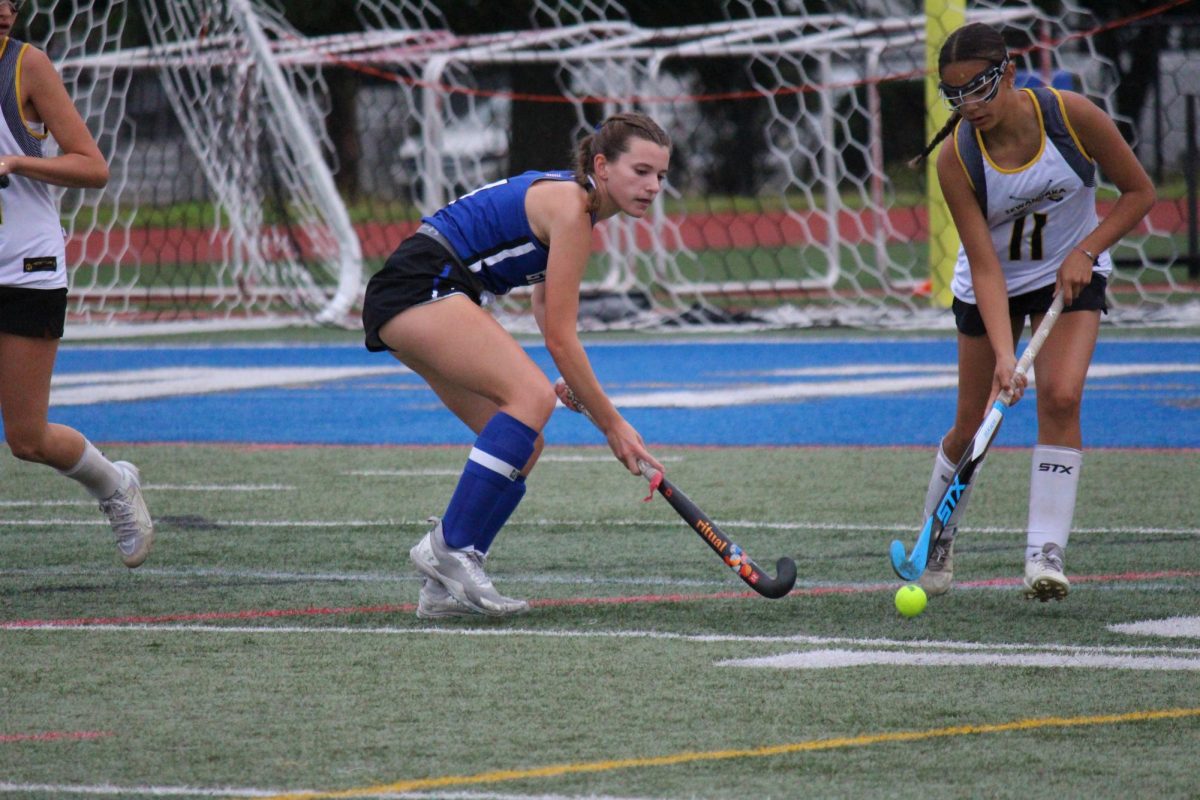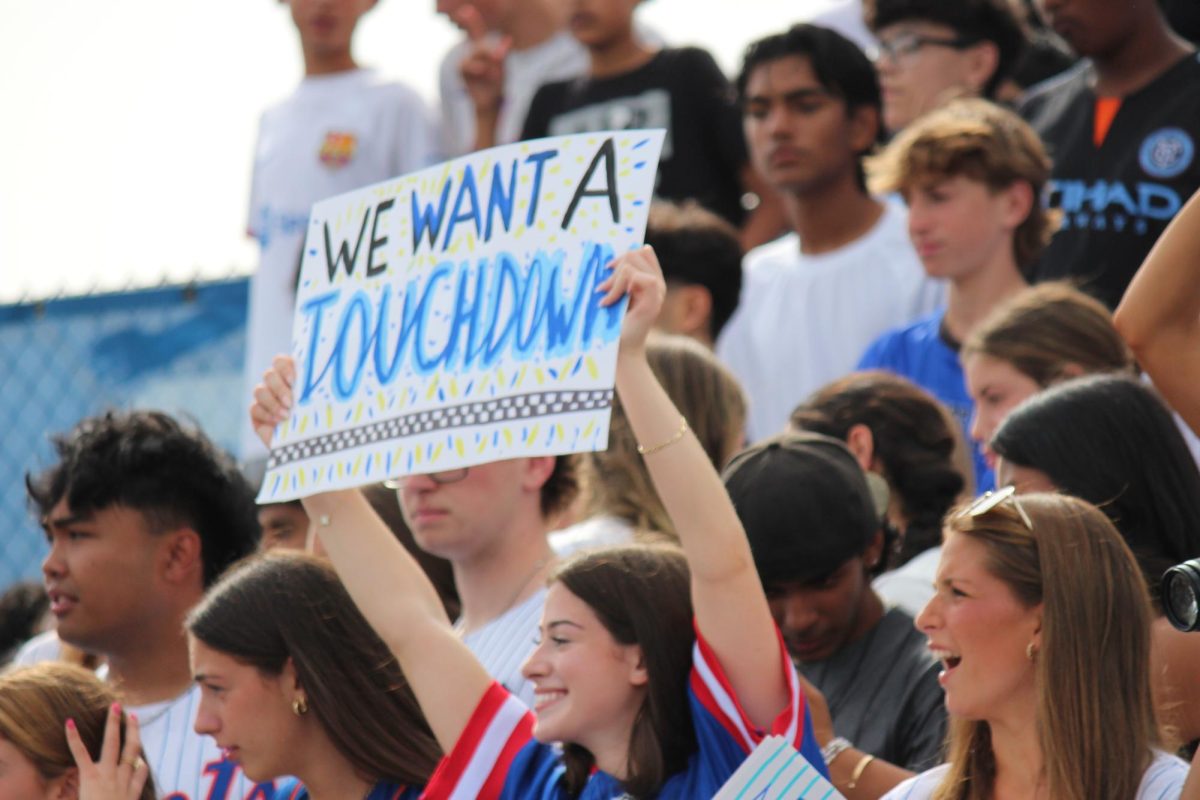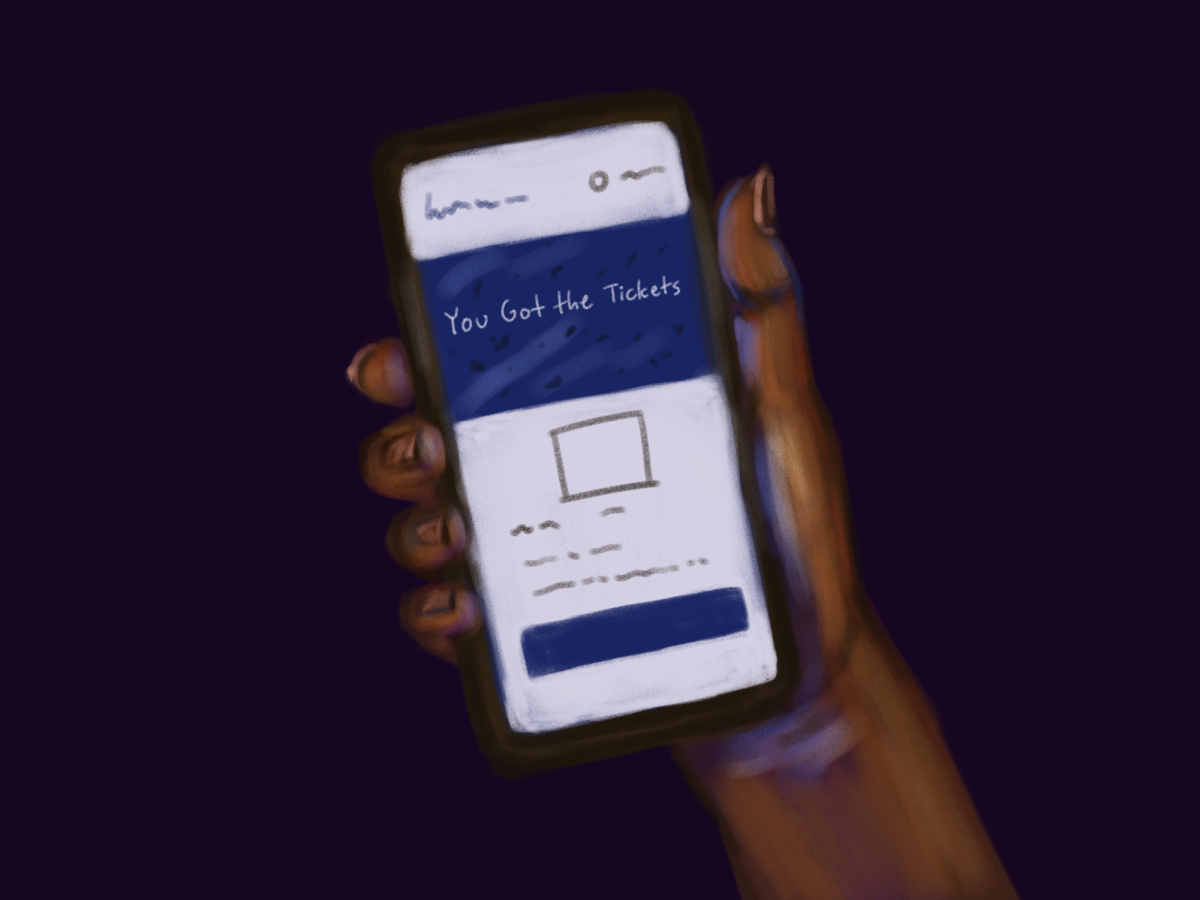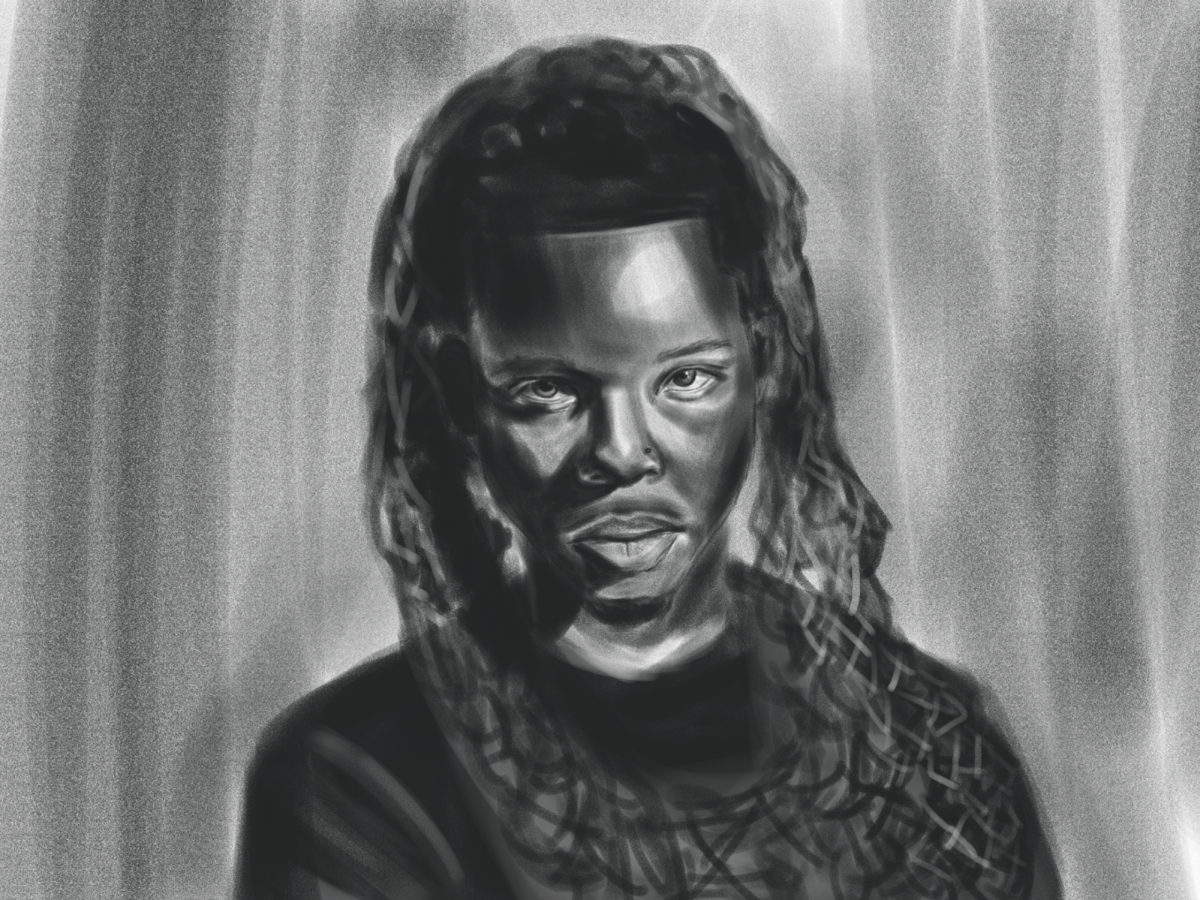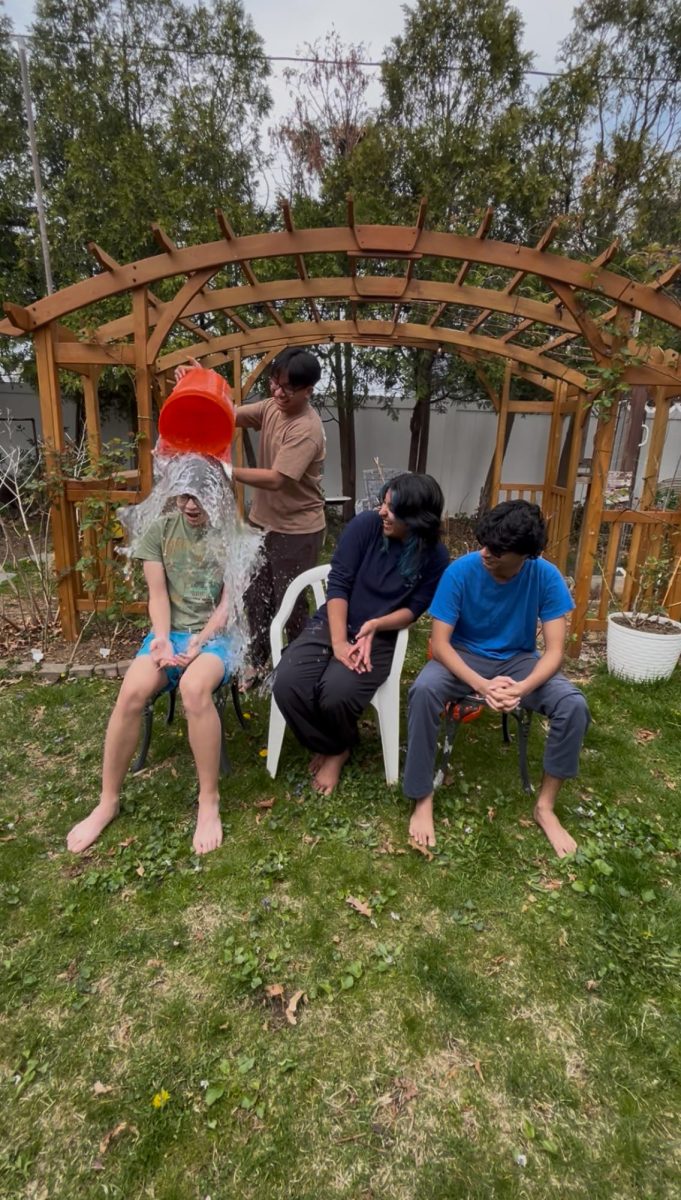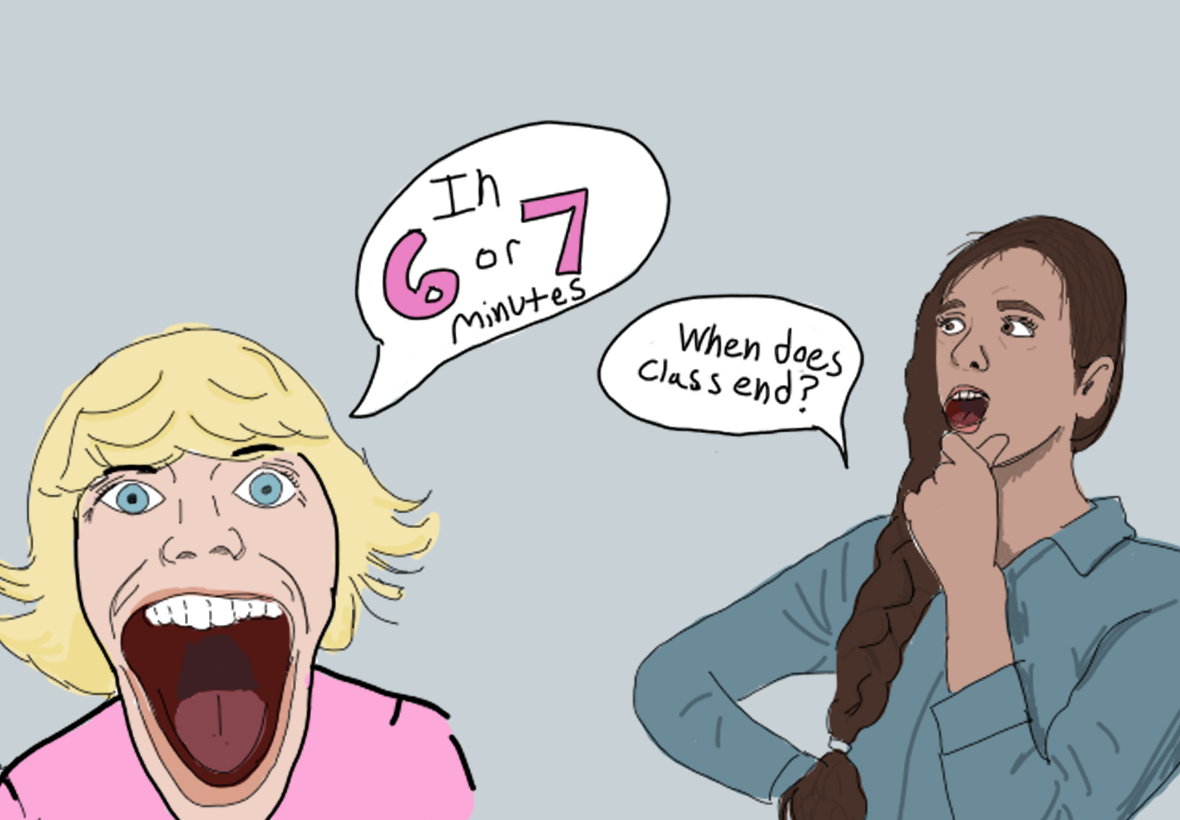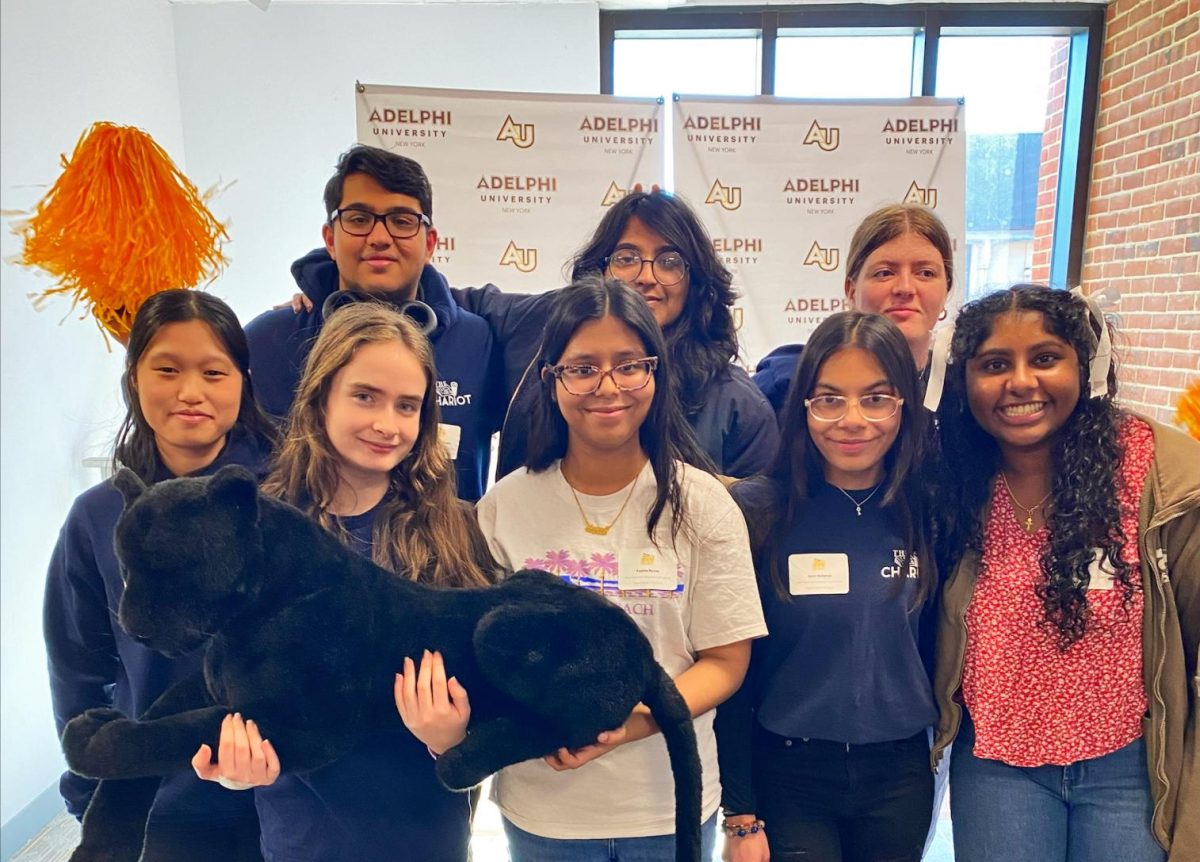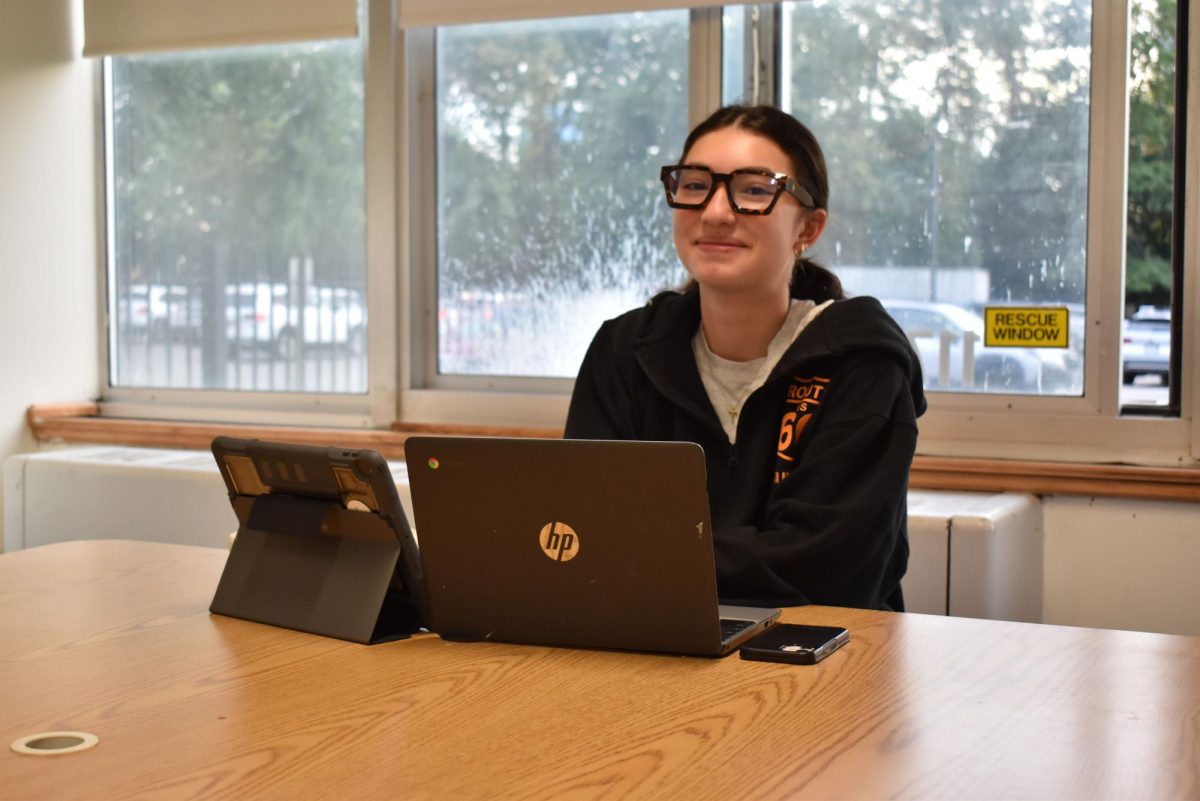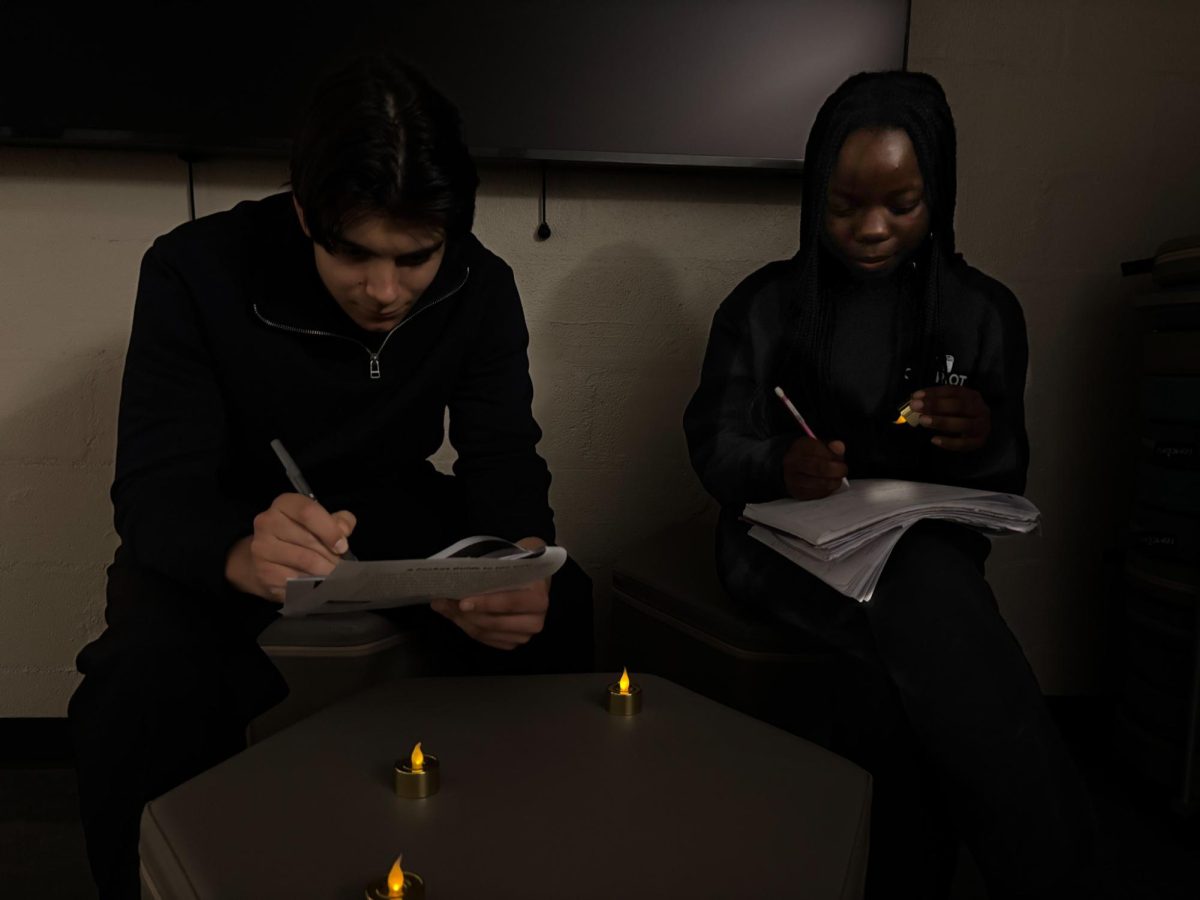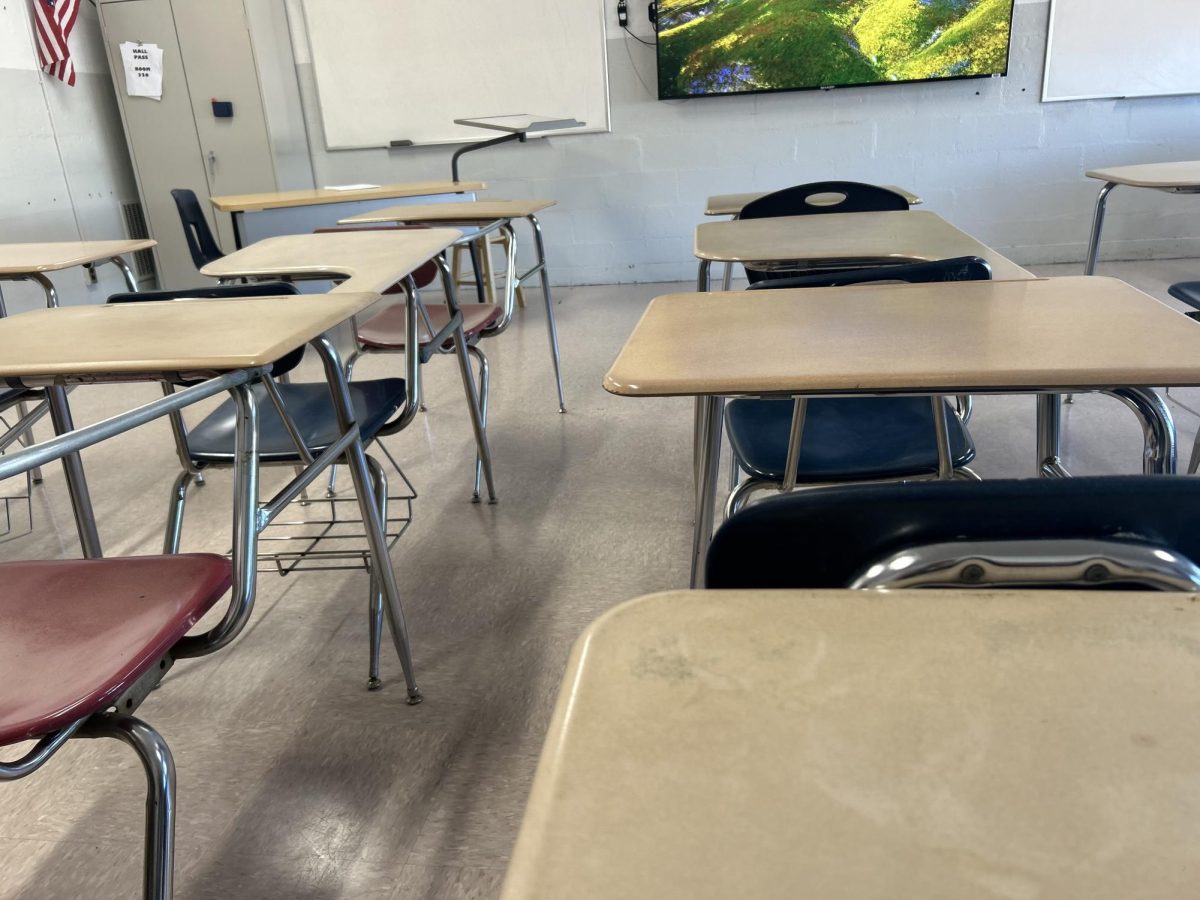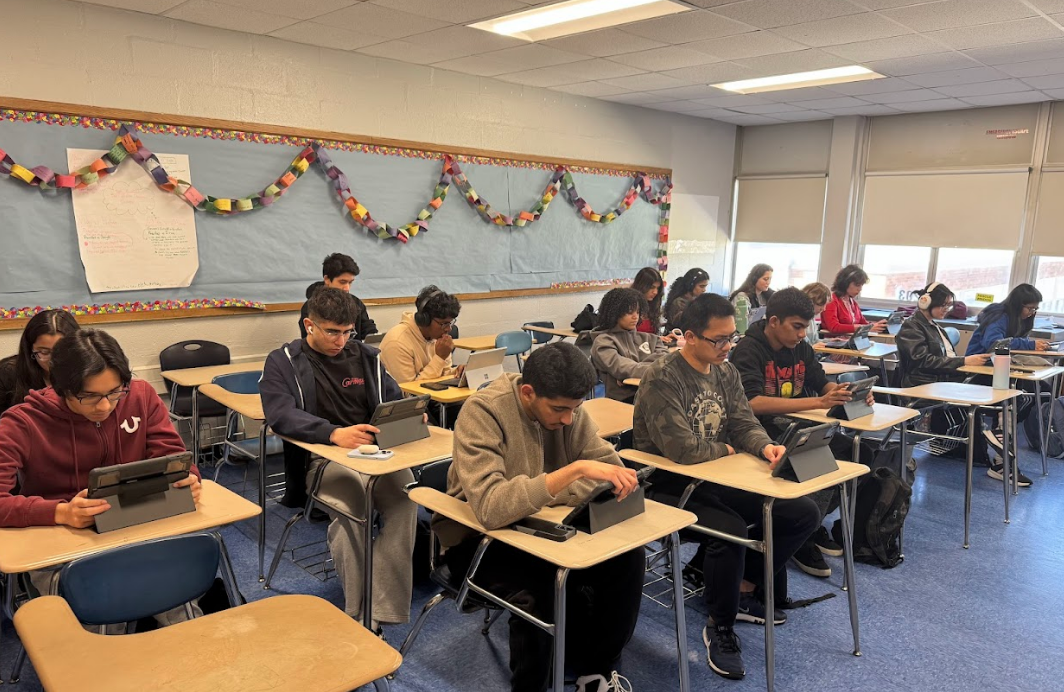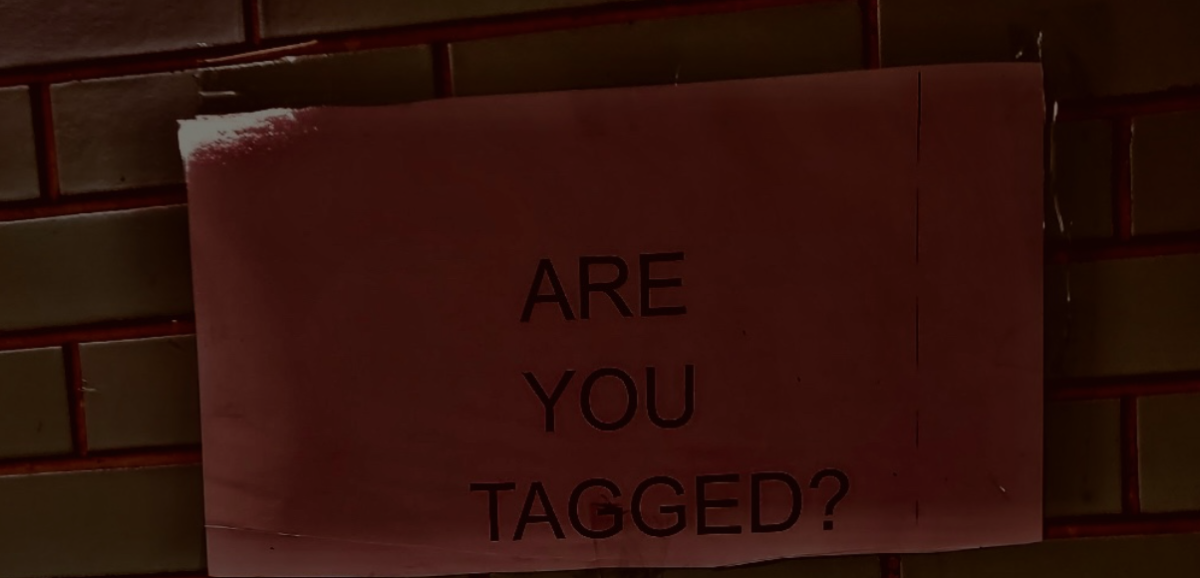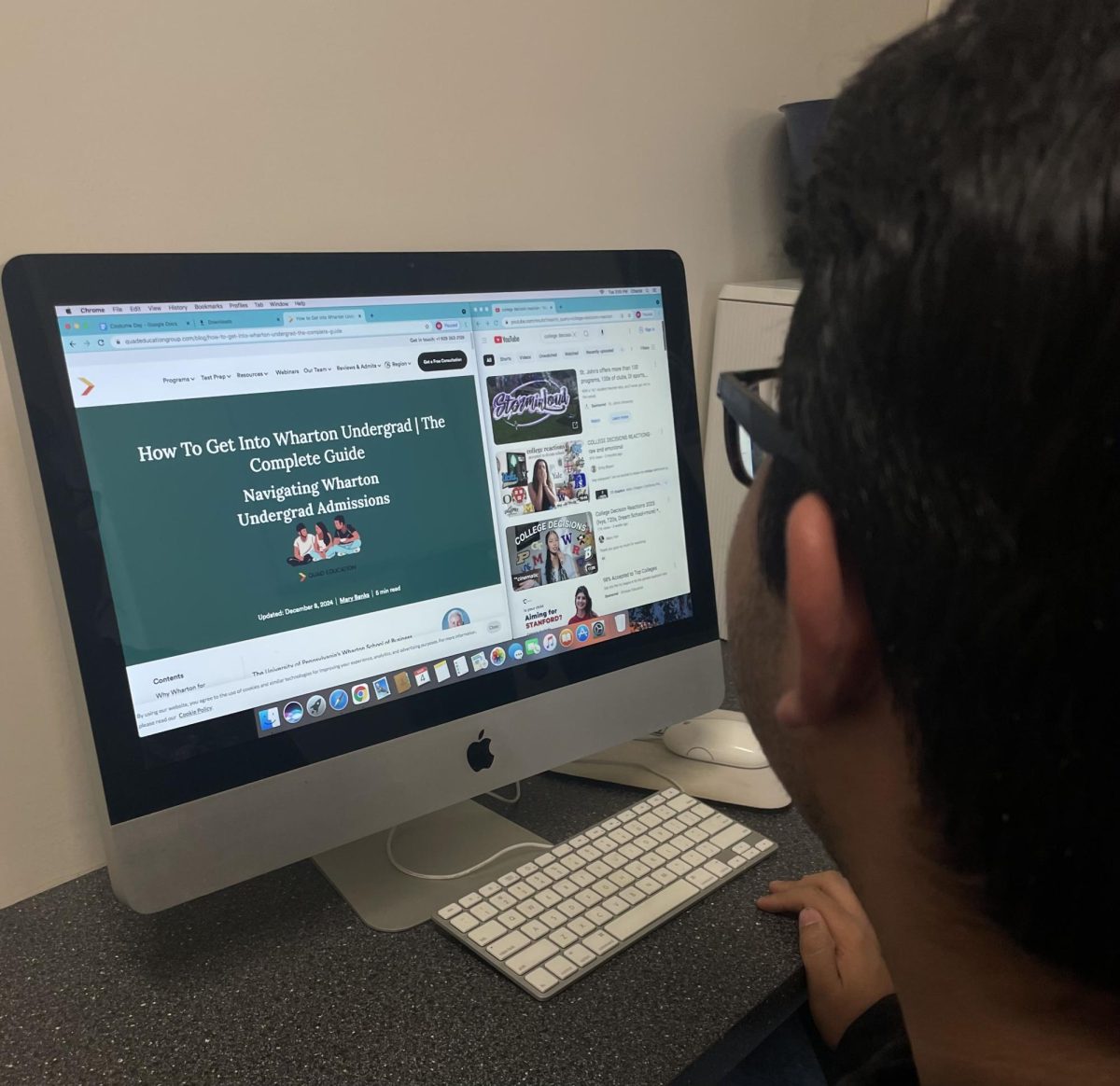Within the past year, New Hyde Park Memorial’s club officers and advisers have noticed a significant decrease in club and event attendance. Many students and staff have perceived that there is a general lack of engagement and investment in after-school activities.
“As a member of the student government, I’ve noticed the school being impacted by student’s lack of involvement. Many have lost school spirit — which is the main problem,” junior Destiny Gillepsie said.
Many students accredit the lack of involvement as a disconnect from the greater school community and a decrease in school pride. However, the dip in participation can also be attributed to pressure for academic success. Students can find it difficult to juggle school, work and extracurriculars, meaning that most are left at a deficit for school activities when they decide to focus on their academics.
“I think with high schoolers it’s a bit more difficult because there’s a lot going on,” Students Against Destructive Decisions adviser Ms. Vasek said. “There’s APs and SATs and Regents and more rigorous classes they’re taking for credit.”
“After a long day of school, the prospect of going to a club meeting is draining, not to mention the amount of homework I need to do,” junior Madison Wittek said.
Participating in school events also comes with the social dilemma of breaking into a new group. This social anxiety and lack of involvement may also be seen as a result of the digital age, since the introduction of technology has made school events even less likely to be the main form of engagement within the greater school community.
“Most people would usually go to school events to see their friends more often after school, but now with our phones, we can talk to our friends whenever. School activities don’t play the same role they used to because we don’t need them to socialize,” junior Frances Lin said.
“The main reason people probably don’t involve themselves in extracurricular activities is the initial social struggles involved with entering yourself into a new group,” junior Yakub Merzougui said. “Especially if you aren’t doing the sport or club with a friend, it can be challenging to ‘squeeze’ your way into the social environment of that particular group.”
Although some students are unaware of the value of extracurriculars, clubs and activities can have positive effects. Extracurriculars are often accompanied by opportunities for collaboration, leadership and stress relief.
“Club and athletic activities have honestly never affected me negatively. My clubs and athletics are the best distraction from academic stress and I’m so much more productive while being involved in sports and clubs. Just getting to laugh and chat with my teammates or co-officers makes the experience worthwhile,” junior Alexa Geigle said.
To restimulate school pride, NHP clubs and societies have been continuously working toward creating new and exciting events in order to attract more student interest and participation.
“Fortunately, the student government has been making efforts to get more students involved again and excited for the upcoming school year, which has been working so far,” Gillespie said.
However, these attempts from students can be considered to be merely temporary solutions to the issue. Many suggest that extracurricular activities should be mandatory for students to a certain degree in order to gain much higher participation rates. Participation at a younger age may allow junior high and ninth grade students to develop the ability to balance academics, socialization and extracurriculars early on, which could result in higher participation from the students in the following years.
“I think that making it mandatory for middle school could be very helpful,” Ms. Vasek said. “A lot of people are adjusting to the building and they’re still making friends and getting comfortable here so I think mandating them to be a part of a sport or a club or any extracurricular activity could help to make them feel more a part of New Hyde Park and more connected and help them make friends.”

